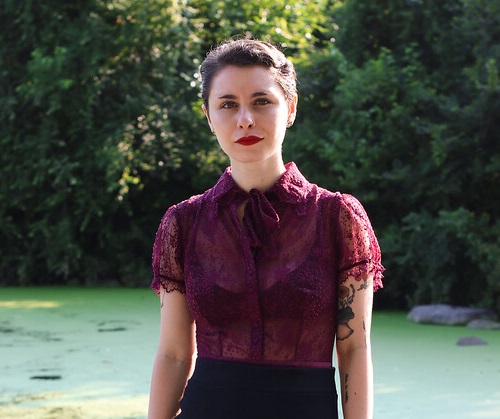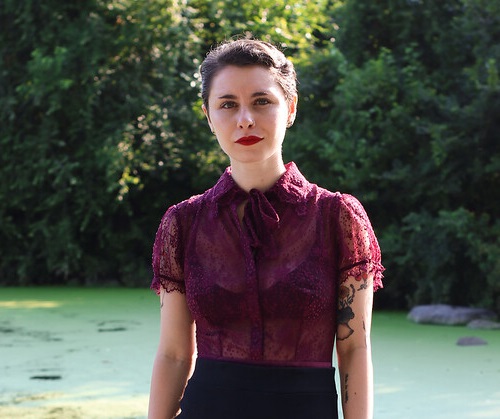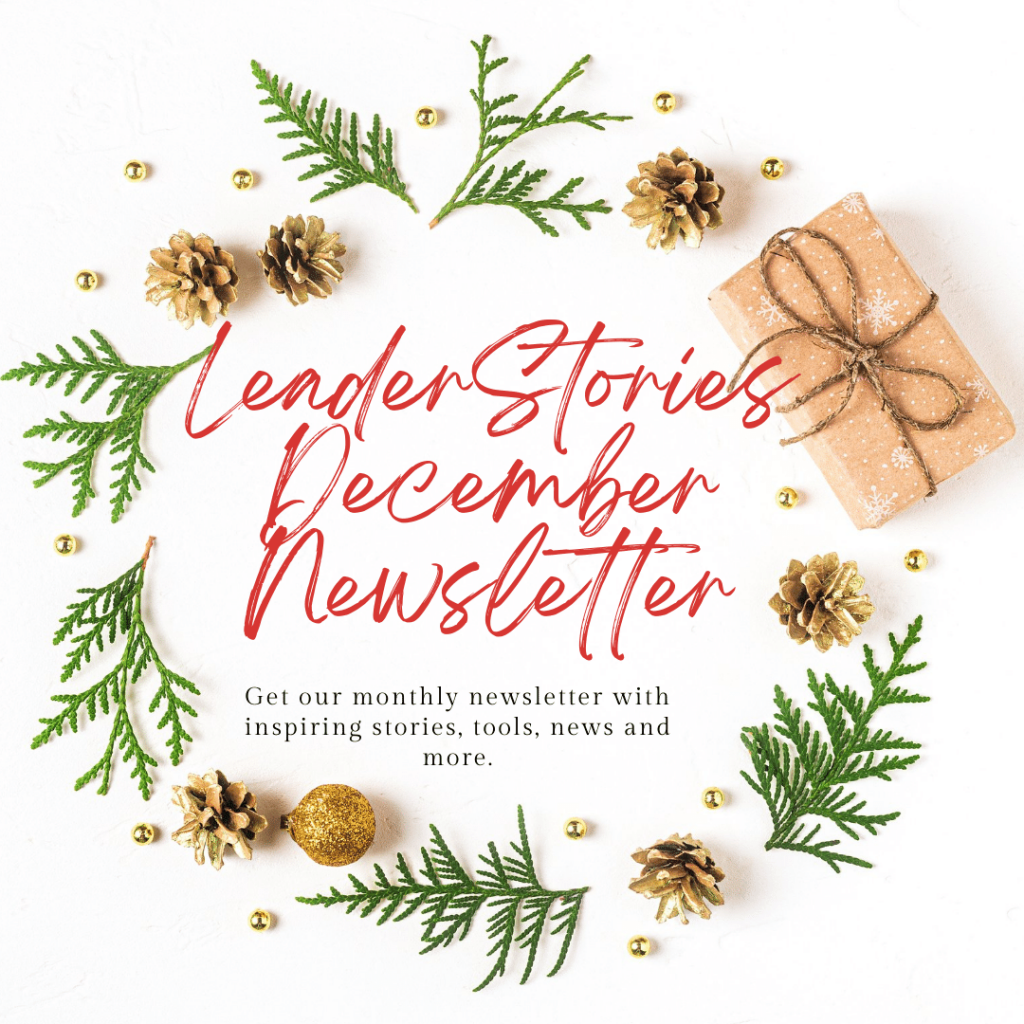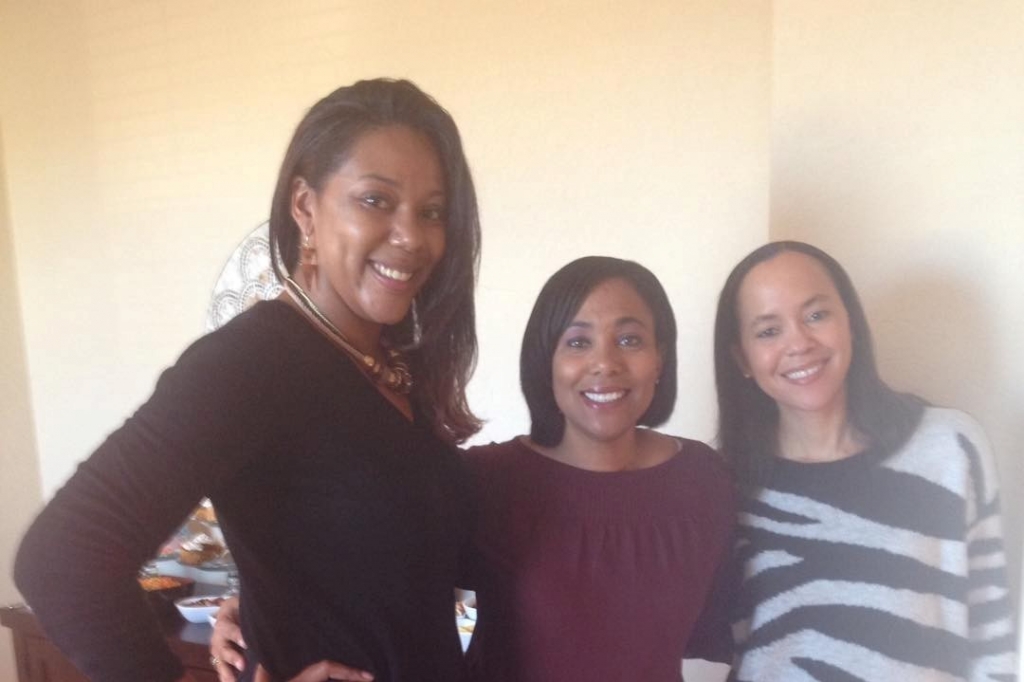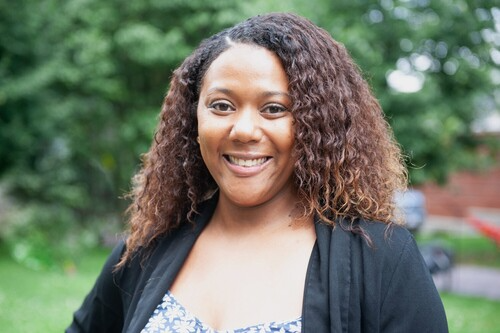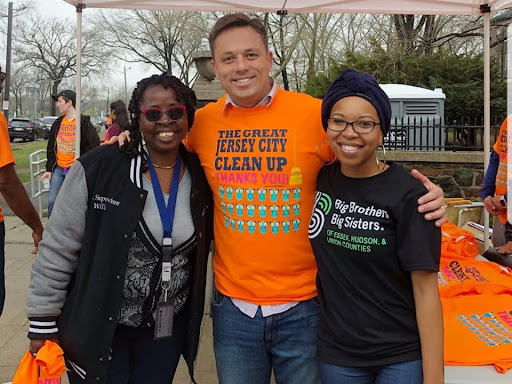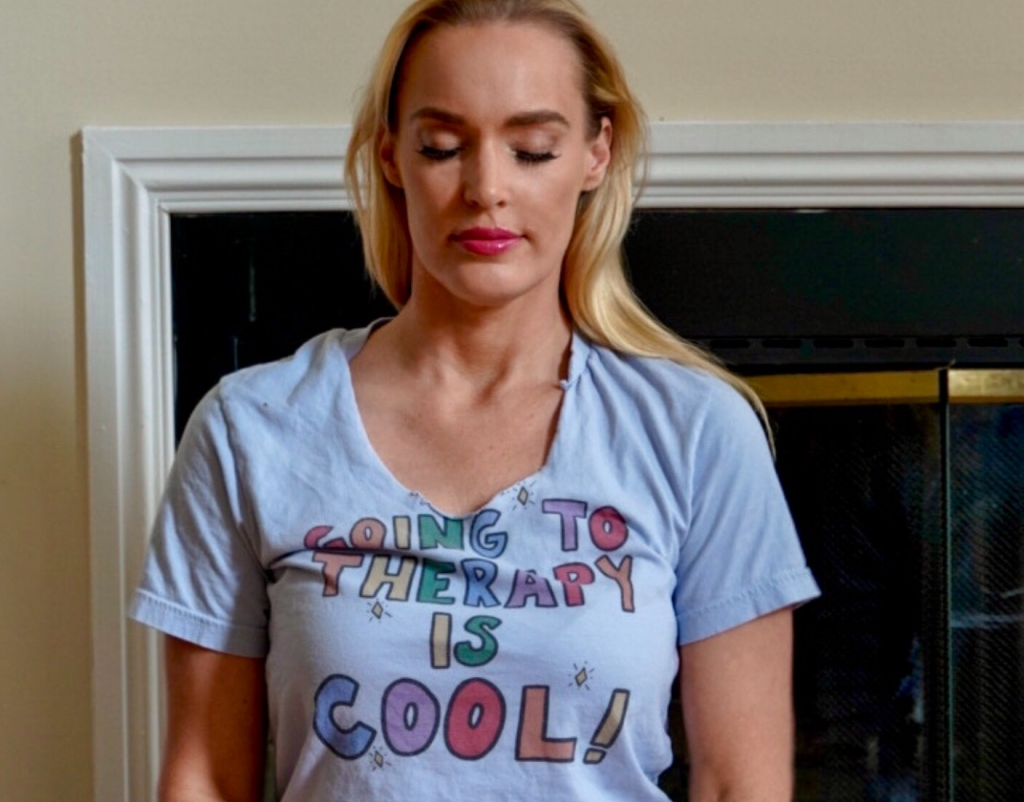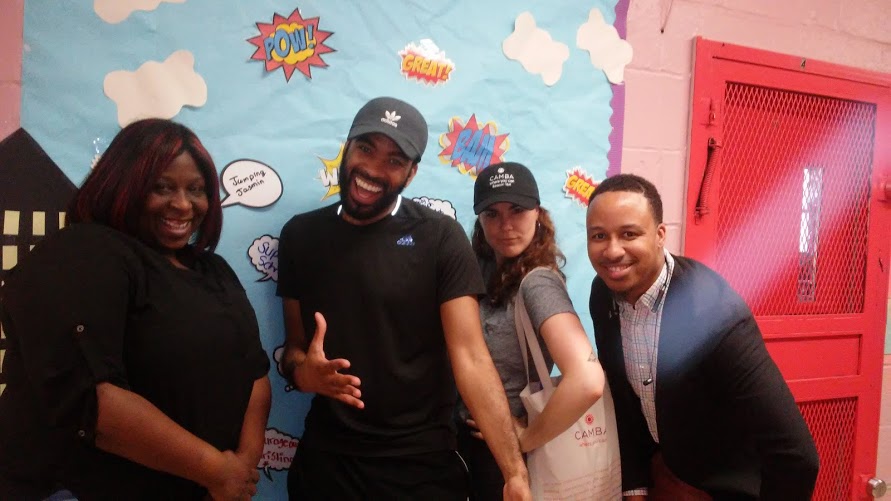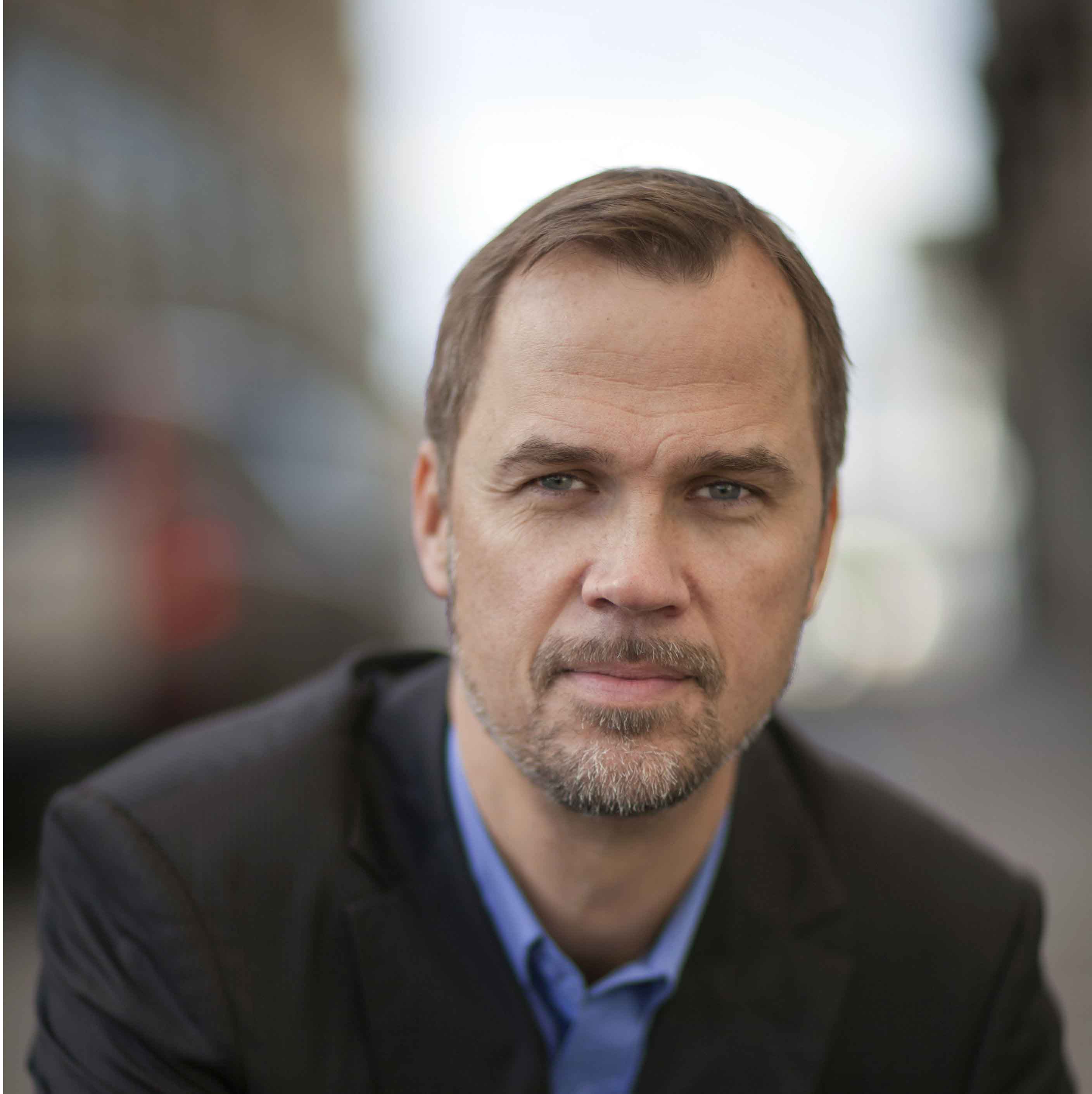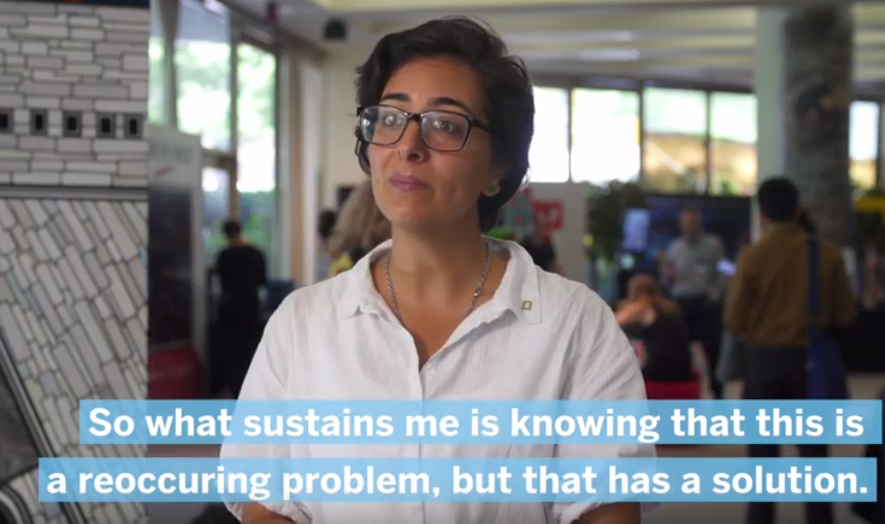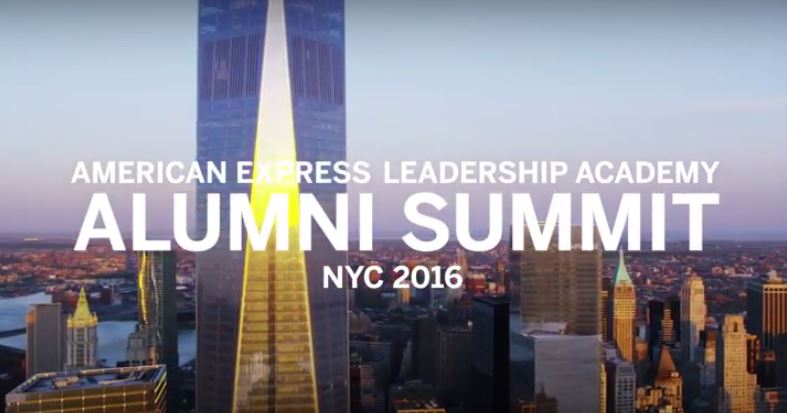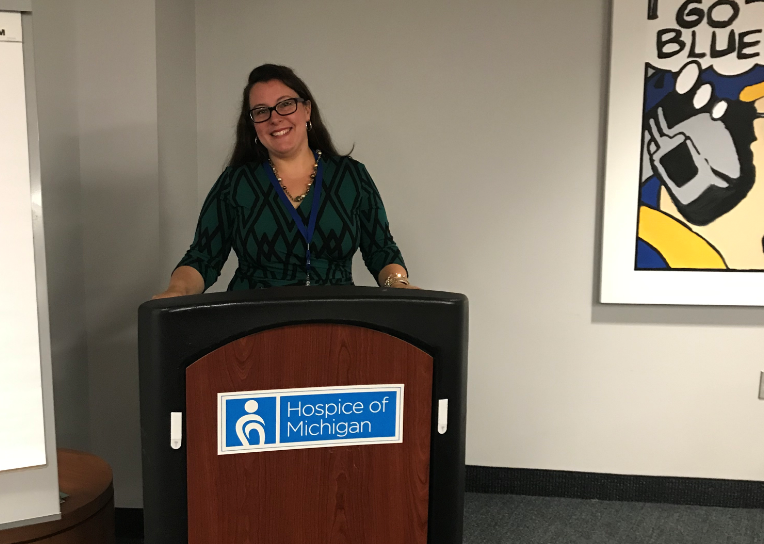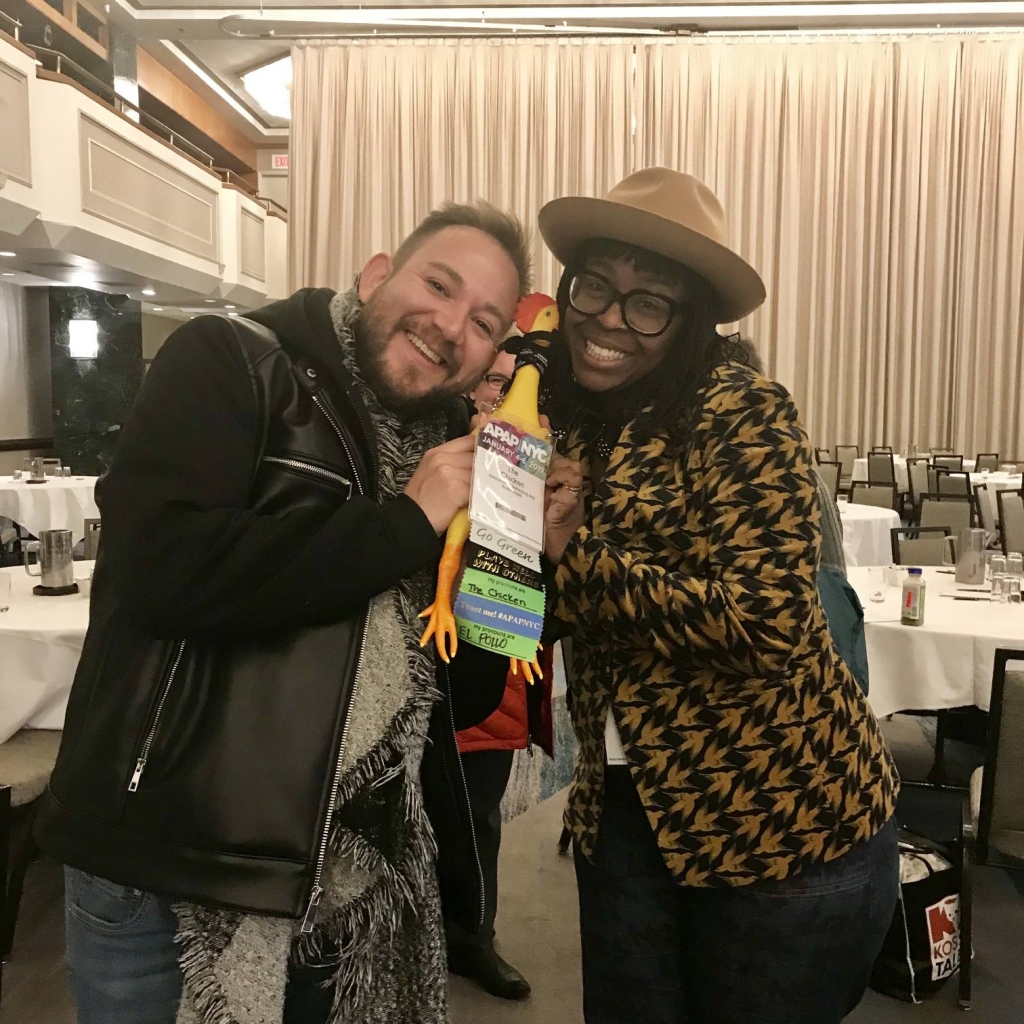
What does it mean to bring your full self – all of your identities – to your work and leadership? Two interdisciplinary artists share their experience.
For much of their early career as an artist and cultural consultant, Beatrice L. Thomas, a queer black interdisciplinary artist and social justice drag queen, kept their identities separate. In some spaces in their Bay Area community, they were a well-known queer artist exploring identity and drag culture; in others, a fundraising and organizational consultant passionate about equity and cultural competence.
When the Bay Area Emerging Arts Professionals network asked Beatrice to start doing keynote speeches as their drag persona, it “felt like the first time that the marriage of [my] two worlds was complete,” they say. “Now, I use my drag work as a bridge to bring together different audiences, it’s a huge spectacle.”

Kevin and Beatrice in their drag outfits
Feeling comfortable enough to bring their personal art into a different kind of public setting was possible in part because of their friendship with fellow artist Kevin Seaman.
As both an artist-performer and a professional consultant who focuses on arts and equity, Beatrice, who uses the pronouns “they/them,” has done just about “every kind of work imaginable”: from administrative, curatorial, grantmaking, and educational roles with galleries and nonprofits. However, they’re most passionate about queer arts development and cultural equity—which helped them to bond with Kevin when the two first met in 2011 at a grantmakers conference.
“Now, I use my drag work as a bridge to bring together different audiences, it’s a huge spectacle.”
Both feel their identities as queer people are “inextricable from [our] work in the equity space,” Beatrice says. And Kevin, who always felt stifled by dressing professionally in a way that made everyone else comfortable, didn’t like having to show up in what he calls “work drag.” Feeling like he was putting on a façade, his personal drag found a way into his work life as well. “I’d wear heels or blouses and that’s how I like to show up both in a personal and professional spaces now,” Kevin says, adding that there’s a truth and power that comes from “showing up as your authentic self.”
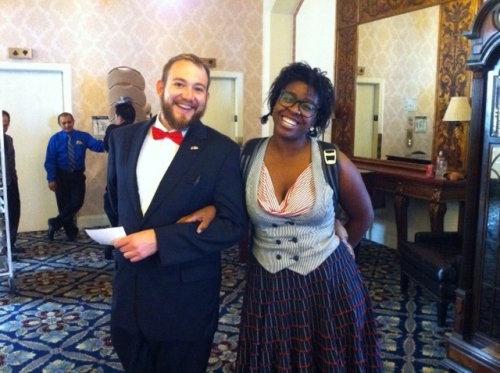
Kevin and Beatrice earlier on in their careers, when they'd first met
When the pair of friends met, Beatrice had just moved to San Francisco. At the conference and afterwards, Kevin pursued a friendship that helped Beatrice see themselves as a leader and someone with power: “It really was through us together, seeing each other, that I knew I was talented because I was hanging out with incredibly talented people. Just to find someone who matched your ambition and matched your community values.”
“When Bea and I met, we were both in philanthropy, where you often feel the need to be an extension of this entity and reflect its values,” says Kevin. The pressure to act as “business professionals” can mean putting up a façade that makes it hard to do your best and most authentic work. His friendship with Beatrice helped create a support system that allowed him to “heal that divide between artist and administrator.”
Since becoming friends, they’ve helped each other to bring their most radically queer selves to spaces where it might be historically unwelcome or unusual. Beatrice and Kevin say they exemplify the idea that the personal is political – and the personal is professional.
“There are so many things that drive me as an intersectional person, as a queer black woman holding those identities. I want to see more of those identities on social, national and political platforms. Queerness is a microcosm of the world we live in.”
For Beatrice, “There are so many things that drive me as an intersectional person, as a queer black woman holding those identities. I want to see more of those identities on social, national and political platforms. Queerness is a microcosm of the world we live in.”
Uplifting Others as You Climb the Ladder
For both Kevin and Beatrice, creating spaces where all people feel like they not only belong but deserve to be has been a driving factor in their artistic and professional lives. It began as a way to understand and value themselves, and explore their personal identities but quickly expanded into a goal to help others bring their “intimate and true” selves to the table.
Both have found success in the arts and in cultural spaces, and have had the privilege of working with and within institutions of power, including philanthropy and municipal government. Both are part of the Association of Performing Arts Professionals (APAP) Leadership Fellows Program—a 20-month program for mid-career professionals seeking to transform the world through their work as arts leaders. It is designed to help leaders find what moves them in their communities and hone the skills they need to give back.
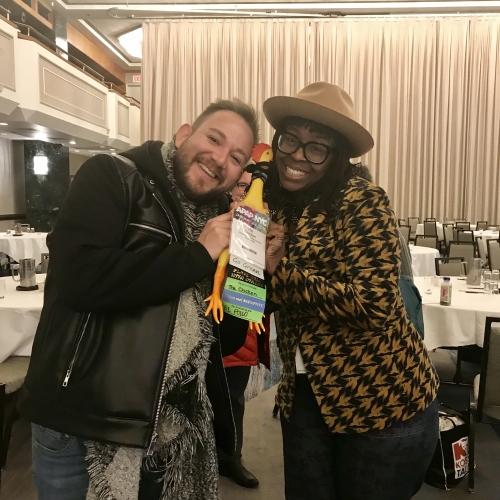
Kevin and Beatrice celebrating together during the APAP|NYC conference
And both Kevin and Beatrice take their responsibility to give back seriously: the APAP Fellowship in particular has been an avenue through which to help others who might not traditionally be accepted in more formal settings.
“Once it wasn’t about me but more about a movement to create an environment in these professional worlds then it became a mission to create a society of belonging,” Beatrice adds. “Belonging is not just in the major things, it’s in all the tiny details.”
Since then, they have worked together to help other queer professionals bring their full selves to their work and find supportive professional networks. The two do a variety of work, both publicly and privately, including grant coaching, advocacy work and public art and speaking. They have helped arts organizations raise millions of dollars for artists in LGBTQ communities and communities of color.
Shutting the Door on Imposter Syndrome
For most artists (and professionals in general) “imposter syndrome”—doubting your own value or your right to be at the tables you find yourself–is a challenge inherent in doing publicly visible work, especially in the digital age.
Both are candid that while doubt still strikes, having support from each other and their networks is critical to remind them of who they are.
“Imposter syndrome is real and I think it’s extremely real for certain queers,” Beatrice says. “I will say that I finally can say, ‘Oh, I’m pretty brilliant’ only because I have enough data. I believe in community and my brilliance is activated through community and activism.”
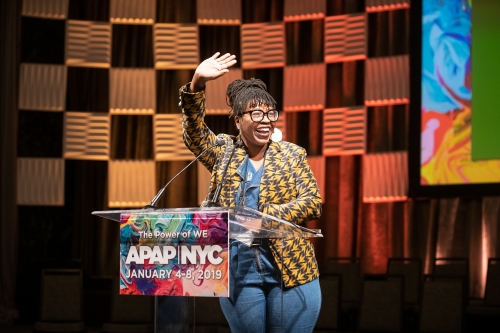
Beatrice speaking onstage at APAP|NYC in January 2019
For Kevin, community is also a necessary antidote to self-doubt. When he finds himself confronting doubt, he says he immediately calls Beatrice on the phone to remind him of who he is and what he’s capable of—an assurance that he also got from the APAP Leadership Fellows program.
Kevin’s biggest takeaway from APAP, he says, was “the power of relationships and people that you meet. Through APAP, I saw how other people conformed and helped lay the groundwork for [my work] and ability to be openly queer.”
Ultimately, APAP taught him that “being professional is more about be able to authentically represent yourself and bring perspective that might not be there.”
Beatrice found a broader community through the APAP Leadership Fellows program, and was reminded that while it sometimes makes sense to codeswitch when entering a specific professional field, “value switching,” or doing work that goes completely against your values, is not helpful for anyone.
“Being professional is more about be able to authentically represent yourself and bring perspective that might not be there.”
As changemakers, “we still have work to do and it’s increasing by the day,” says Beatrice. “If we are in this space feeling stymied by unspoken views, then so many others are. And we as queers living in the queer community and the muggle world, so to say, there are others who feel exactly the same way and we have a responsibility to them by doing what we can. It’s very important that we are creating a society of belonging.”

